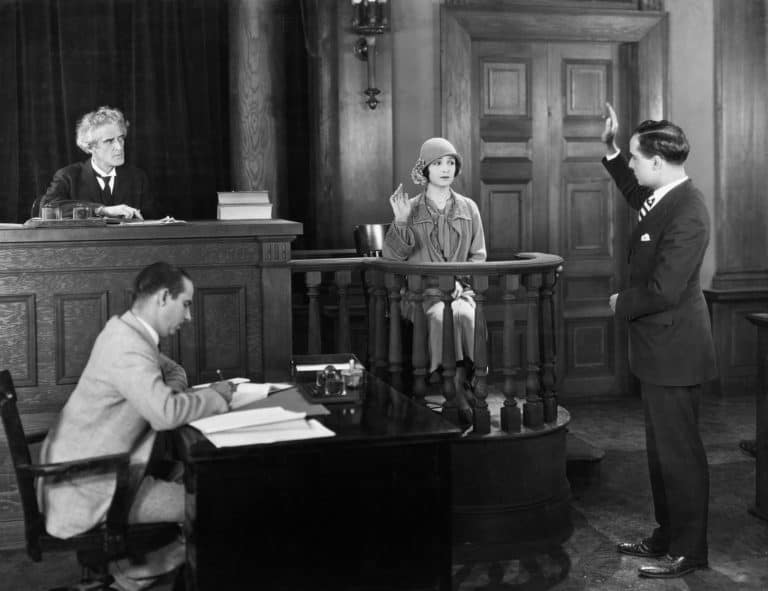Prosecutors only have a certain amount of time to file charges after a crime takes place. This timeframe is known as the statute of limitations. For most criminal offenses, California institutes a three-year statute of limitations, but legislators may pass laws to extend this time period for specific offenses. In rape cases, for example, there is […]
What’s the Difference Between Different Types of Attorneys?
Have a hard time differentiating between prosecutors, defense lawyers, public defenders and judges? Here’s what you should know before you head into court.
Prosecutorial Misconduct in Vista, California: Examples and Remedies
Most people are familiar with misconduct, including illegal search and seizure, use of excessive force, or forced confessions. But while law enforcement officials are critical in arresting and investigating alleged criminals, it’s the prosecutors who actually choose to file charges, present evidence, and strive to ensure the defendant’s conviction. Unfortunately, just like police, prosecutors sometimes act in a […]
Why Judges or Attorneys Must Sometimes Recuse Themselves
But as the public may talk about recusal when it is discussed in major news stories, many don’t understand what the term means or its greater implications on the judicial system. Here’s why someone may recuse themselves from a case and what happens if someone who should have recused themselves didn’t. What Does Recuse Mean […]
Can Two People Be Convicted For the Same Crime?
When two people confess to the same crime, it’s an obvious sign that one is lying for one reason or another. But could two people be convicted for the same crime if only one person could have committed it? As it turns out, yes. Doesn’t that Mean Punishing an Innocent Person? We previously discussed how […]













